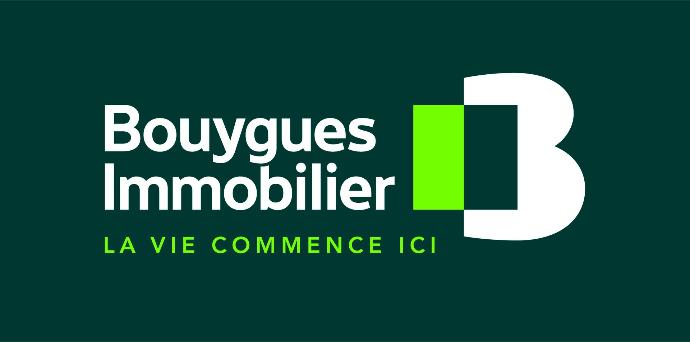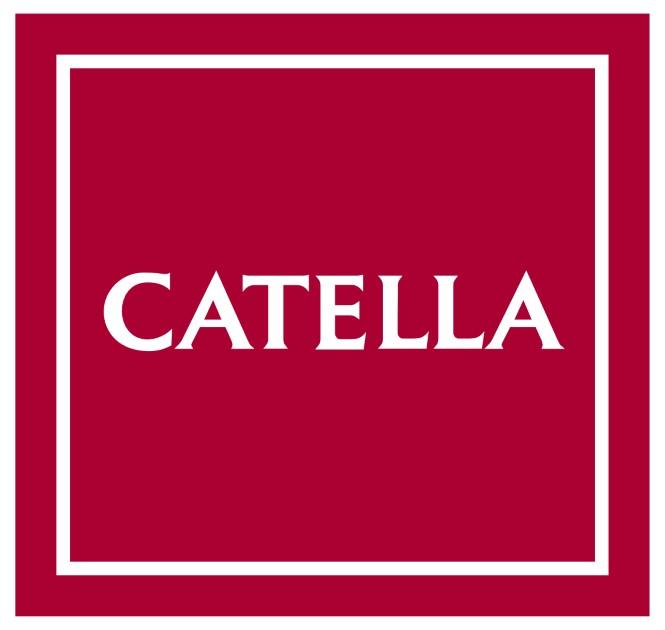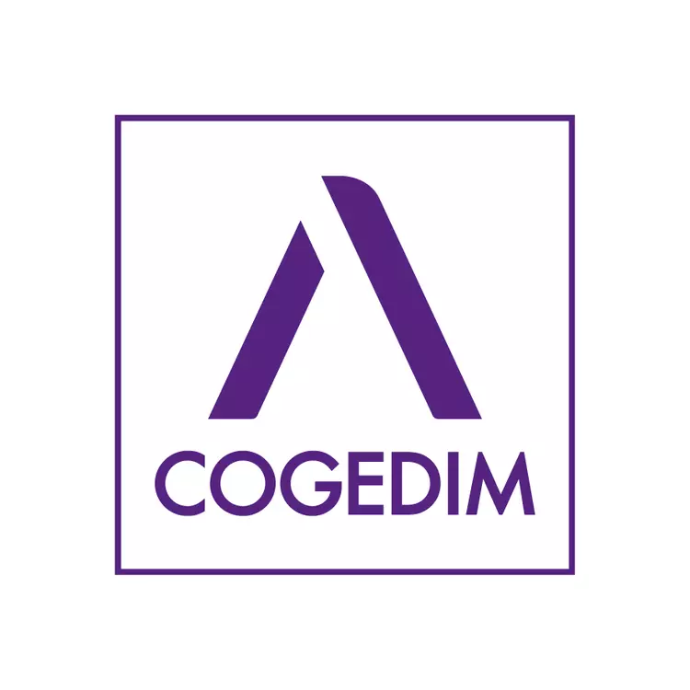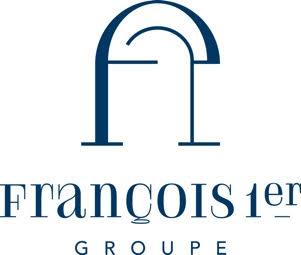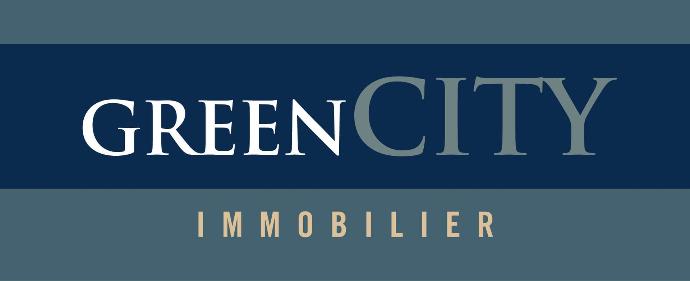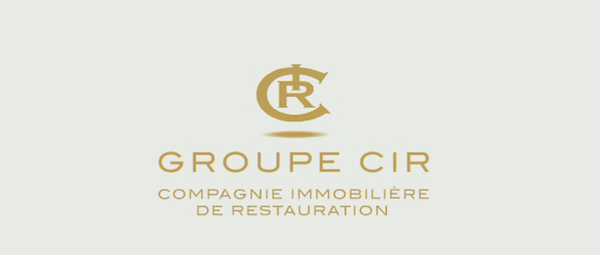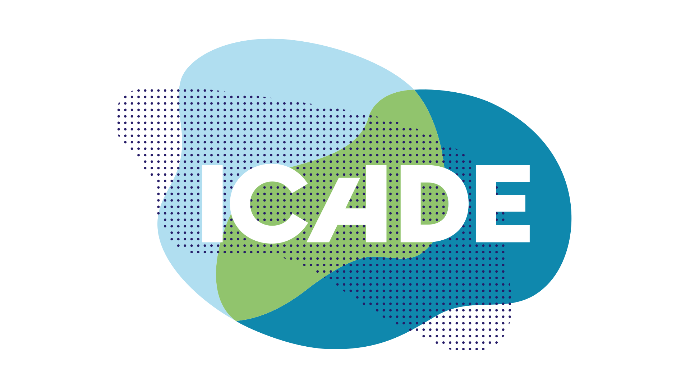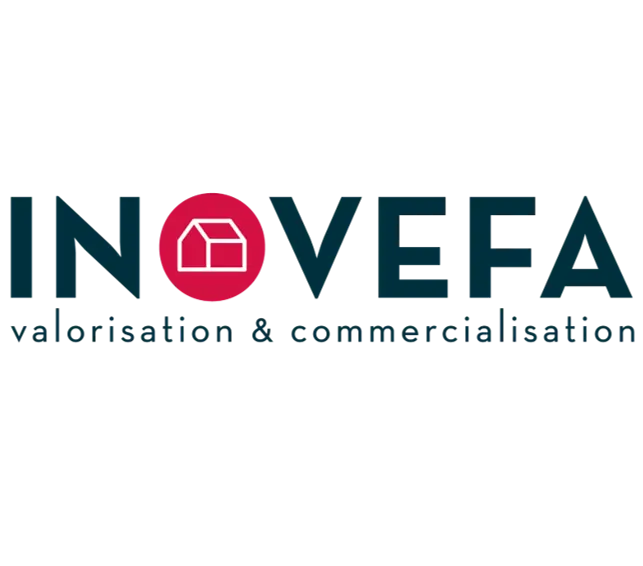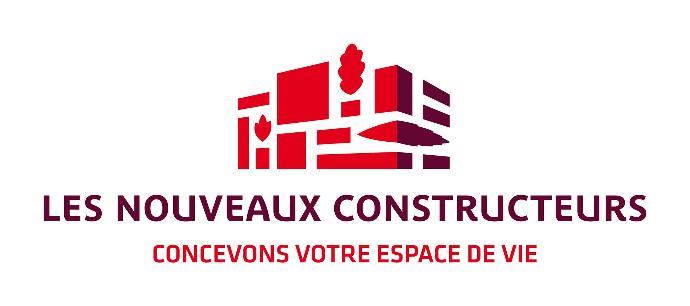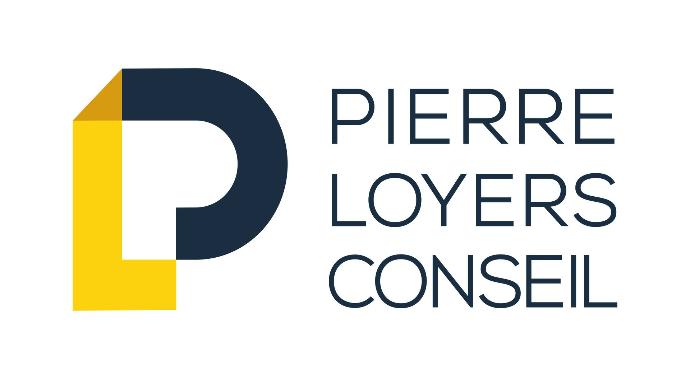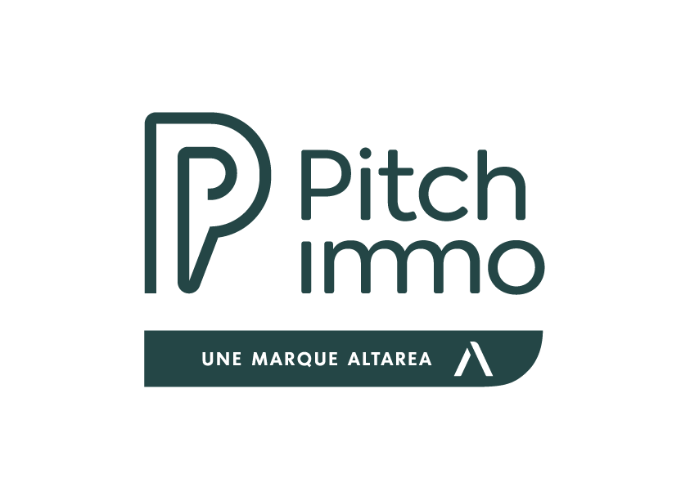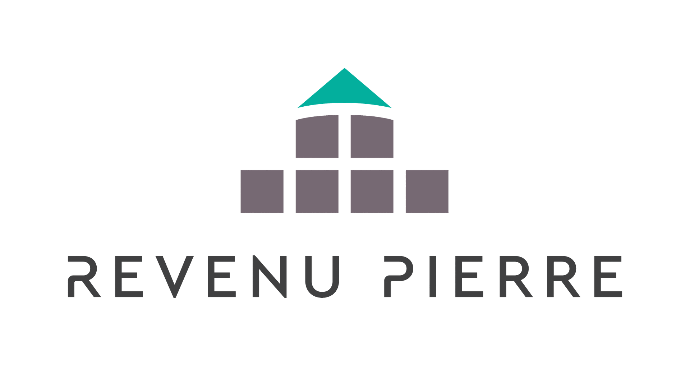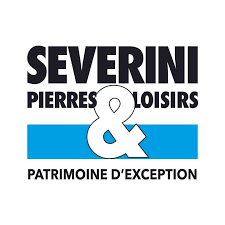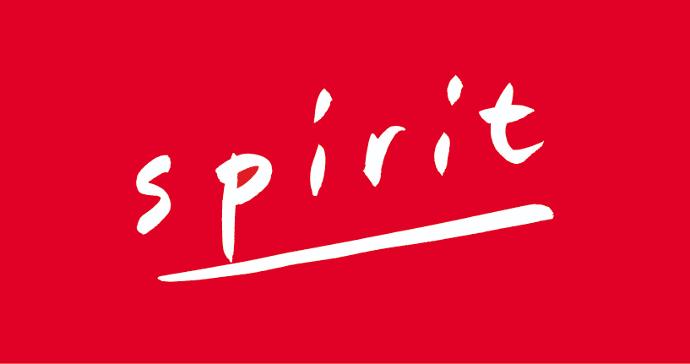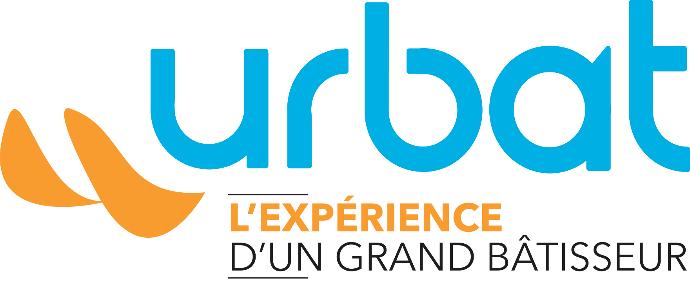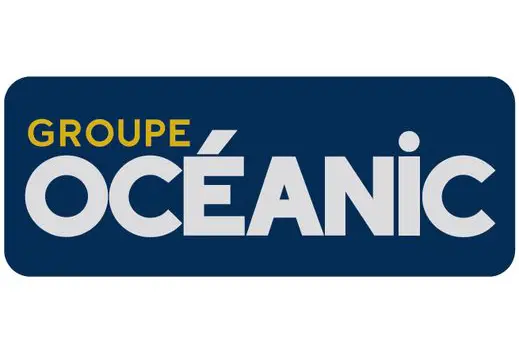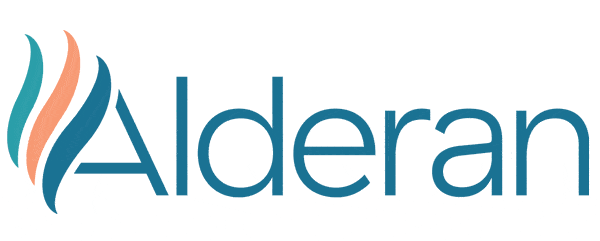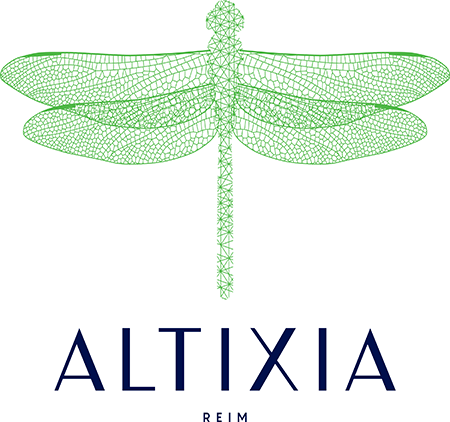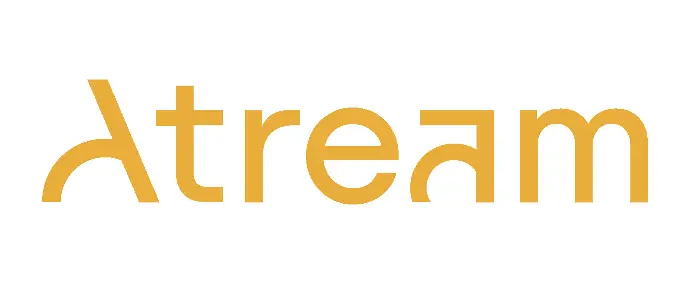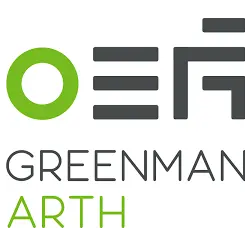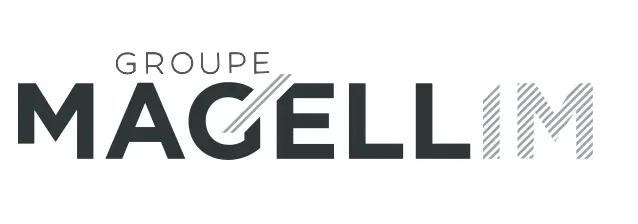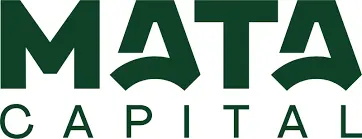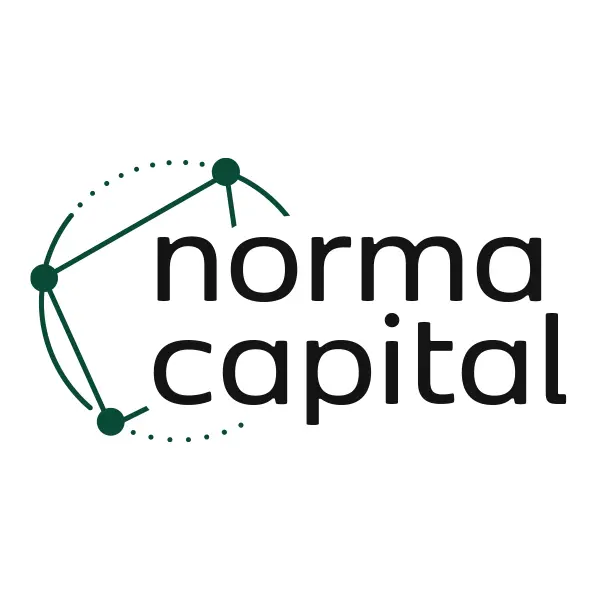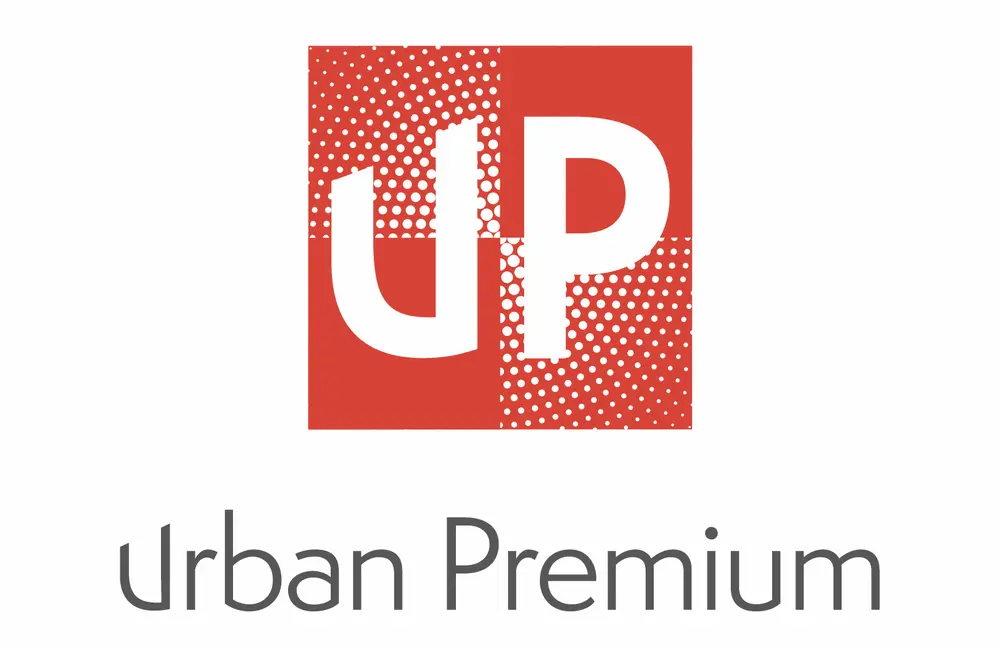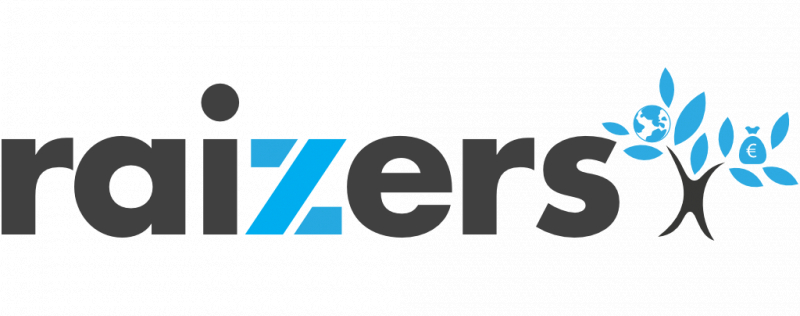Real Estate Investment
Enjoyment Real Estate
-
Primary or Secondary Residence:
recherche d’un bien, neuf ou ancien répondant à une logique affective et aux critères qui en découlent (situation géographique, équipements, charme, accessibilité, volume, style, cachet, prestige) selon un budget déterminé.
Prestige Real Estate
- Luxury Real Estate: concerne les biens dont la valeur dépasse 1.8 million d'euros et propose des caractéristiques hors normes sur un emplacement unique. Il s’agit de propriétés immobilières haut de gamme, avec un design, des finitions et des prestations reconnus comme exceptionnels (équipements, vue, emplacement, importance historique). Prisés par une clientèle aisée qui recherche avant tout une expérience de vie haut de gamme, ces biens brillent par leur rareté sur le marché et peuvent être de natures différentes (villas, manoirs, châteaux, penthouse, lofts, propriétés dotées d’espaces extérieurs notables type jardins / forêts).
- Exceptional Real Estate: concerne les biens dont la valeur dépasse 4 millions d'euros ou dont le prix du mètre carré est supérieur à 20.000 euros. Les caractéristiques de ce type de biens sont similaires à celles de l’immobilier de luxe, avec un accent particulier mis sur la rareté sur le marché ainsi que sur le poids qu’il emporte sur les plans architectural et historique.
Income-Producing Real Estate
- Non-Professional Furnished Rental (LMNP): system open to any taxpayer wishing to prepare for retirement by renting new or old accommodation. Beyond the additional income generated, this system makes it possible, depending on the tax regime chosen, to generate similar advantages (flat rate reduction of 50% on revenue or charges deductible from revenue and depreciation of equipment and premises). VAT is recoverable upon acquisition or sale of the property. If the revenue generated exceeds €23,000 annually, a transition to Professional Furnished Rental (LMP) is made, with a different tax treatment.
- Common law or bare rental: system allowing you to benefit from tax adjustments depending on the regime chosen and the amount of property income received each year. Up to €15,000 in annual revenue, a flat-rate reduction of 30% is applied. Beyond that, certain charges can be deducted from the rent collected to replace the reduction, creating a deficit.
- Land Deficit: device to minimize the tax base of all property income by deducting charges inherent to the property (management and administration costs). This deficit is deductible from overall income up to €10,700 per year, the surplus being carried forward over 10 years.
- Bare ownership: device allowing the acquisition of a dismembered property between a usufructuary, who can occupy the property or receive income from it, and a bare owner, who has the property and can therefore sell it. The usufruct is transferred for a limited period of time (usually 10 to 20 years); Once this period is over, the bare owner regains full ownership, and therefore disposal of the property. Allows the acquisition of a property at a value lower than its market value by 30% to 50%.
- Pinel Law: Investing in new rental properties with tax reductions based on the rental commitment duration.
- Denormandie Law: Similar to Pinel but focused on renovating degraded urban areas.
- Malraux Law: A scheme allowing investment for rental purposes in the renovation of historically or aesthetically significant buildings. A tax reduction of up to €120,000 over 4 years is calculated based on the restoration costs. The commitment to lease the property is for 9 years following the completion of the renovations. This scheme offers the nearly unique advantage since 2013 of not falling within the annual cap of tax incentives of €10,000.
- Monument Historique: dispositif permettant un investissement à visée locative dans un bien dont la conservation présente un intérêt public historique ou artistique. Une déduction fiscale du revenu global à hauteur de la tranche marginale d’imposition est applicable sur la totalité des travaux de restauration et d’entretien sur un, deux ou trois ans, sans limitation de montant ni de plafonnement des niches fiscales. La durée d’engagement de conservation (et non de location) du bien est de 15 ans. Sous certaines conditions, la transmission du bien peut bénéficier d’un cadre fiscal avantageux.
- Girardin industriel IS et Crédit d'Impôt Outre-mer Productif (CIOP): dispositifs
fiscaux à destination des entreprises soumises à l’IS qui permettent soit de le minorer en déduisant le montant de l’investissement immobilier du résultat net
imposable (Girardin IS), soit d’obtenir d’un crédit d’impôt de 35 % du prix de
revient de l’investissement immobilier (CIOP), dans la limite de certains
plafonds au m², dont l’excédent est reportable. Ces dispositifs permettent de
financer une acquisition sans apport par un crédit dont les intérêts sont entièrement déductibles et de générer une économie par l’amortissement du bien, des
intérêts d’emprunt et d’exploitation. Le dispositif peut prendre la forme d’un investissement
direct en Girardin IS, où la société achète directement un immeuble neuf
qu’elle loue à une personne physique, d’un investissement direct en CIOP, où la
société exerce dans un DROM (Départements et Régions d’Outre-Mer), ou d’une souscription
au capital de sociétés soumises à l’IS, qui achètent des immeubles neufs et les
louent à des personnes physiques. Quelle que soit la forme, l’avantage fiscal
est soumis à un engagement de location (sous 12 mois et durant 5 ans) et au
respect de plafonds (ressources des locataires et loyers).
-
Foreign Investments: Non-French nationals can invest in France, and vice versa, without requiring French nationality. The law does not restrict property ownership solely to national citizens. Any resident of the European Economic Area or another country worldwide can purchase real estate in France.
- Management Mandate:
A contract entered into by a property owner with a professional enabling them to manage one or several of their real estate assets, whether unfurnished or furnished, in order to save time by delegating operational aspects of leasing. Within this framework, the professional's responsibilities include tenant search (advertising, screening, viewings), lease drafting (compliance, clauses), rent collection, dispute resolution (amicable solutions, compliance with legal procedures), maintenance and repairs (coordination with service providers), as well as administrative oversight (declaration of rental income, document management). This mandate also provides access to professional advice, particularly regarding rent default insurance, ensuring a secure rental of the property asset.
Real Estate Paper Investments
- Crowdfunding/Club Deal: A collective investment enabling an association of investors, who individually may not have the financial capacity, to acquire one or several targeted assets. Following the establishment of a managing company, a fundraising campaign is organized. Co-investors contribute funds to the company, which then acquires the underlying asset(s), akin to purchasing shares. The strategy typically involves buy-and-sell transactions, aiming for rapid appreciation of the underlying asset or generating income.
- OPCI: Collective Investment Vehicles in Real Estate (Organismes de Placement Collectif en Immobilier) where funds collected from investors are allocated towards the purchase of financial and real estate assets, with the latter representing 60 to 90% of the product. These investment vehicles are categorized into two types: Sociétés de Placement à Prépondérance Immobilière à Capital Variable (SPPICAV), whose shares are issued as demand arises, and Real Estate Investment Funds (Fonds de Placement Immobilier or FPI), which are co-ownership of securities issuing shares, overseen by a portfolio management company.
- SCPI: Real Estate Investment Companies (Sociétés Civiles de Placement Immobilier or SCPI) are investment vehicles designed for savers interested in real estate investment without the burden of acquiring and managing properties themselves. Investors hold shares corresponding to their invested funds. The funds collected by the company are reinvested in properties from which rental income is derived. SCPIs can be structured as either fixed-capital or variable-capital entities, with or without tax-related components within their real estate portfolios.
- SIIC (or Listed Real Estate): Listed Real Estate Investment Companies specialize in the acquisition, construction, ownership, and management of real estate assets. Rental income from leased properties constitutes gains for the company. This investment vehicle is eligible within a CTO (Taxable Securities Account) but not within a PEA (Equity Savings Plan), and is subject to a tax transparency regime, entailing exemption from corporate tax in exchange for distributing a minimum of 85% of rental income and 50% of realized capital gains to its shareholders in the form of dividends. This distribution model contributes to its stability, which is above average compared to regular stocks.
Our Partners

